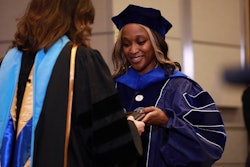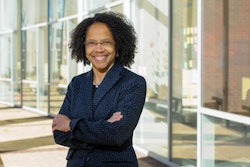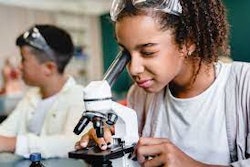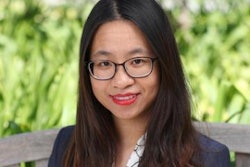Even before the acronym “STEM” was introduced by the National Science Foundation (NSF) in 2001, academics were grappling with the overall lack of diversity in science, technology, engineering and mathematics and the specific need to accelerate the process of diversifying STEM faculty.
To address that need, NSF has supported a number of initiatives, including Aspire: The National Alliance for Inclusive and Diverse STEM Faculty, a five-year, $10 million project of the Association of Public and Land-grant Universities (APLU), which leads the effort along with the Center for the Integration of Research, Teaching, and Learning (CIRTL).
“We know that when we look at faculty demographics we see fewer underrepresented individuals in STEM fields. And we also recognize that to change the culture and to foster an inclusive culture means that those who are in the dominant group have to be trained in inclusive practices and to understand why diversity, equity and inclusion are such important components of a collegial environment,” says Aspire Alliance project manager Dr. Robin Parent.
In February 2019, the Aspire Alliance announced the selection of 15 public research universities for its inaugural three-year institutional change effort to help those schools reform their recruitment, hiring and retention practices. Those institutions became Cohort 1 of what is now a three-cohort project.
Within the Alliance, the Institutional Change (IChange) Network consists of cohorts of institutions committed to advancing three strategic goals: cultivating more inclusive and diverse campus cultures; developing inclusive practices for STEM faculty; and implementing effective recruitment, hiring and retention practices to diversify STEM faculty, according to the project’s website.
It further states that the ultimate goal is to attract more underrepresented students — women, members of underrepresented racial and ethnic groups, people with disabilities and those from low socioeconomic backgrounds — into STEM college programs, assist them to stay in the programs and help them graduate and succeed in a modern STEM workforce.
“It’s been really exciting to see what each cohort is bringing to the table, what they’re struggling with as they go through our self-assessment process,” says Dr. Jessica Bennett, APLU’s director of STEM education and co-lead and project manager of IChange. “Our third cohort right now is wrestling with the data that they’ve collected and trying to think about changes they can make to the data infrastructure on campus so that they can better understand who their faculty population is and who the student population is.”





















